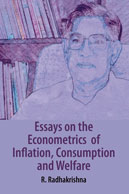The New Middle Class in India and Brazil
Green Perspectives?
About the Book
<p>Since the turn of the millennium, the growth of the “new global middle class” in the world’s rapidly emerging economies has received much interest, even excitement. But what is new middle class really like in countries such as India and Brazil? Is it a solid upwardly mobile social group – or rather a fragile class prone to poverty again once the next economic crisis comes? Does the new middle class support democracy – or does it rather tend towards aggressive nationalism? And if so much of the world is going to pursue typical middle class lifestyles and patterns of consumption, wouldn’t that have massive environmental impacts – or are there more sustainable options?</p>
<p>With perspectives from India and Brazil, this volume provides new insights into what is likely the most significant social development of our times: the rise of a global middle class, full of aspirations, in a world where safe limits of sustainability are already being transgressed.</p>
Praise for this book
<p>The middle class has been the defining demographic in examining the development of democracy in Europe, but it is unclear how this corresponds to democratic in developing countries, especially those with large populations at—or just above or below—the poverty line. What is undeniable is that as these countries develop what passes as middle class in their context will shape the politics of the future. The questions asked in this book—often with no easy answer—allow us to try and understand where the new populations are headed in the key developing, democratic polities of India and Brazil, and whether there is a real chance of these “middle classes” buying into sustainable, environmentally growth patterns. This is the beginning of a very important conversation, one which will go a long way to ensuring whether we continue to live in a habitable planet, or end up in much more inhospitable conditions.<br />
<strong>—Omair Ahmad,</strong> <em>Managing Editor, South Asia (www.thethirdpole.net)</em></p>
<p> </p>
<p>An important new book that critically examines a phenomenon widely hailed as positive—the rise of the new middle class or NMC—and asks necessary, and sometimes difficult, questions about how this phenomenon has impacted ecological sustainability, democratic participation and social and gender justice in our world. Bringing together insights from India and Brazil—two very different and yet in many ways comparable countries—the authors open up many of the paradoxes that accompany what is generally seen as ‘development’ and ‘growth’.<br />
<strong>—Urvashi Butalia,</strong> <em>Publisher and Writer</em></p>
<p> </p>
<p>The “new middle class”—Where is it located? Is it the centrepiece of an emerging global society or the outgrowth of an obsolete growth paradigm? An ideological construct, a political project or a marketing category? The present volume is a timely and perceptive invitation to compare discourses and practices of “middle classness” in the widely differing social contexts of Brazil and India. Such comparisons, unlikely as they may seem, help us to better understand the dialectics of democratization and reemerging authoritarianism that transform our world.<br />
<strong>—Ravi Ahuja,</strong> <em>Professor of Modern Indian History, Centre for Modern Indian Studies, University of Göttingen</em></p>
About the Author(s) / Editor(s)
Dawid Danilo Bartelt studied History and Social Sciences in Bochum, Hamburg, Berlin (Germany) and Recife (Brazil). As a historian, he specialized on Brazilian and Latin American history, completing his Ph.D. in 2001. He worked as a journalist and as Senior press officer for NGOs, including the German Section of Amnesty International since 2002 until 2010 when he joined the Heinrich Böll Foundation to head the Foundation’s office in Rio de Janeiro, Brazil. Since 2017, he is the head of the Mexico and Caribe office of Heinrich Böll Foundation in Mexico City. His publications include numerous articles and radio programmes and several books as author and editor.
Axel Harneit-Sievers, by professional background, is a historian specializing on Africa. He completed his Ph.D. at Hannover University in Germany in 1990 and worked for many years at the Centre for Modern Oriental Studies in Berlin and other research institutions and universities in Germany, with numerous publications on the history and politics of the continent. In 2002 he moved to Lagos, to take over the new Heinrich Böll Foundation’s country office in Nigeria, and later to Nairobi, Kenya, as director of the foundation’s East & Horn of Africa office. Since 2011, he is heading the Heinrich Böll Foundation’s India Office in New Delhi.
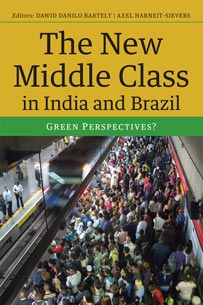


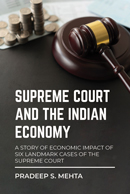



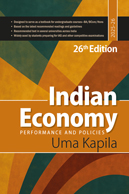
-web-194.jpg)
-front.jpg)
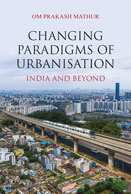





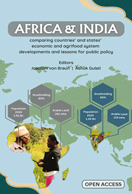
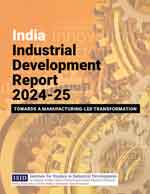
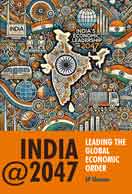
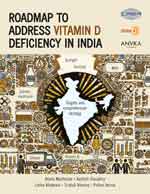
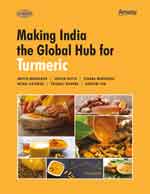
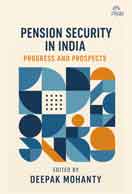
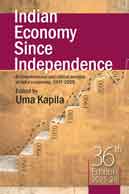
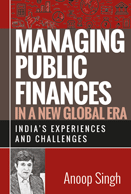

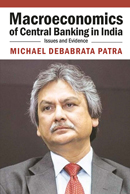
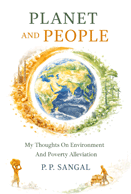
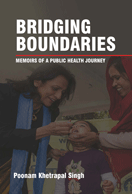

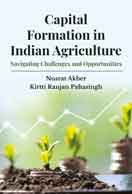











-COVER-web-194.jpg)





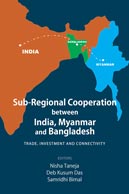






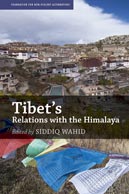



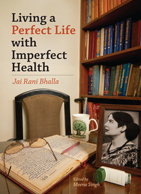













.jpg)






